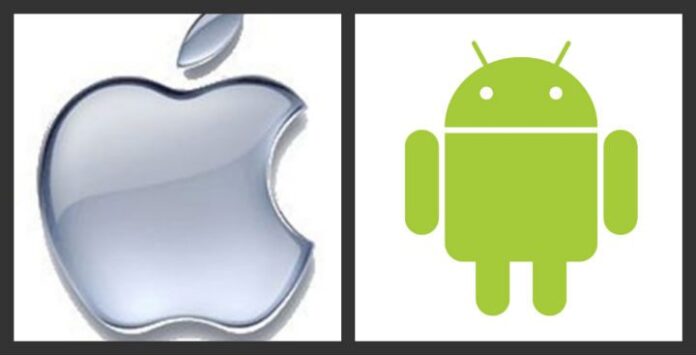Editor’s Note: Welcome to Analyst Angle. We’ve collected a group of the industry’s leading analysts to give their outlook on the hot topics in the wireless industry.
As regular readers of my columns will know, our family is Apple-centric: Macs, iPhones, AppleTV, iPads, iTunes, etc. On a personal level, I do not use Windows PCs, Exchange or Outlook; about seven years ago, we moved the entire company to Mac OS machines. But make no mistake; we are in an Apple Prison. Our movies, TV shows, music and other content are all on iTunes. My mail, calendar and contacts are all in Apple apps and in the iCloud. This all started with an iPod and iTunes, since it was so easy to buy music plus monitor what the kids were listening to. Now we have everything in the Apple ecosystem. And it is really hard to get out, even if we wanted to.
I know that apps exist to convert content, move stuff and generally use alternative platforms. I know we could move to Android or Windows if I worked hard enough, but I suspect it would be a pain, never mind the need to learn a new environment. And the rest of the family would simply ask, “why bother?” After all, everything works in the “Apple Prison” and everyone is happy.
The Apple Prison is like being in prison in Malibu. The sun shines, it is always 70 degrees, everyone is beautiful, everyone drives Mercedes/BMW/Lexus/whatever-else-is-nice and the world seems perfect. From the Apple Prison perspective, the world outside looks scary and risky. Why leave? Everything works as advertised and if there is a problem, just take a ride to the Genius Bar to get it fixed. Life is good in here. Why leave?
Of course, not everyone wants to live in Malibu. But for the majority, Malibu seems idyllic and it is easy to live there. Google has built an alternative that many people find appealing. They have built Android Miami – it is comparable to Malibu (sun, sea, beautiful people, better basketball) but for many, it is not Malibu. Wrong coast, etc. Plus an occasional hurricane runs through, which can disrupt things a little. Malibu does not have hurricanes, but there is the ever-present threat of earthquakes.
So, are you a Malibu or Miami person? From our consumer surveys, we know it is rare to find someone who carries Apple and Android devices and splits their time between Malibu and Miami. In terms of market reality, the question is really are you an A-person (Apple) or S-person (Samsung). Obviously, there are many other manufacturers out there but the A and S dominate; the rest of the market is left to the L, H, M, BB, etc.
Now the Miami folks will tell you it is easy to leave and that they are not in prison. And that is true, except where are they going to go? Few people want to drive across the country to Malibu, and besides it is full of people who just rave about how great life is there, ad infinitum. Not surprising that few people move from Miami to Malibu then. The Miami folks may decide to go to Microsoft-land, but it is a smaller city and no one is really sure where it is … they keep moving it and telling you it is really bigger than it is.
Regular readers may remember similar comments from years past and you are correct. I have used this analogy before and have also mentioned it in presentations, most recently at the HetNet Expo in Chicago. Every time I use this analogy, it gets a laugh. So it was time to put it to paper again.
Now, back to work on the beach … .
Iain Gillott, the founder and president of iGR, is an acknowledged wireless and mobile industry authority and an accomplished presenter. Gillott has been involved in the wireless industry, as both a vendor and analyst, for more than 20 years. IGR was founded in 2000 as iGillottResearch in order to provide in-depth market analysis and data focused exclusively on the wireless and mobile industry. Before founding iGR, Gillott was a Group VP in IDC’s telecommunications practice, managing IDC’s worldwide research on wireless and mobile communications and Internet access, telecom brands, residential and small business telecommunications and telecom billing services. Prior to joining IDC, Gillott was in various technical roles and a proposal manager at EDS (now Hewlett-Packard), responsible for preparing new business proposals to wireless and mobile operators.


